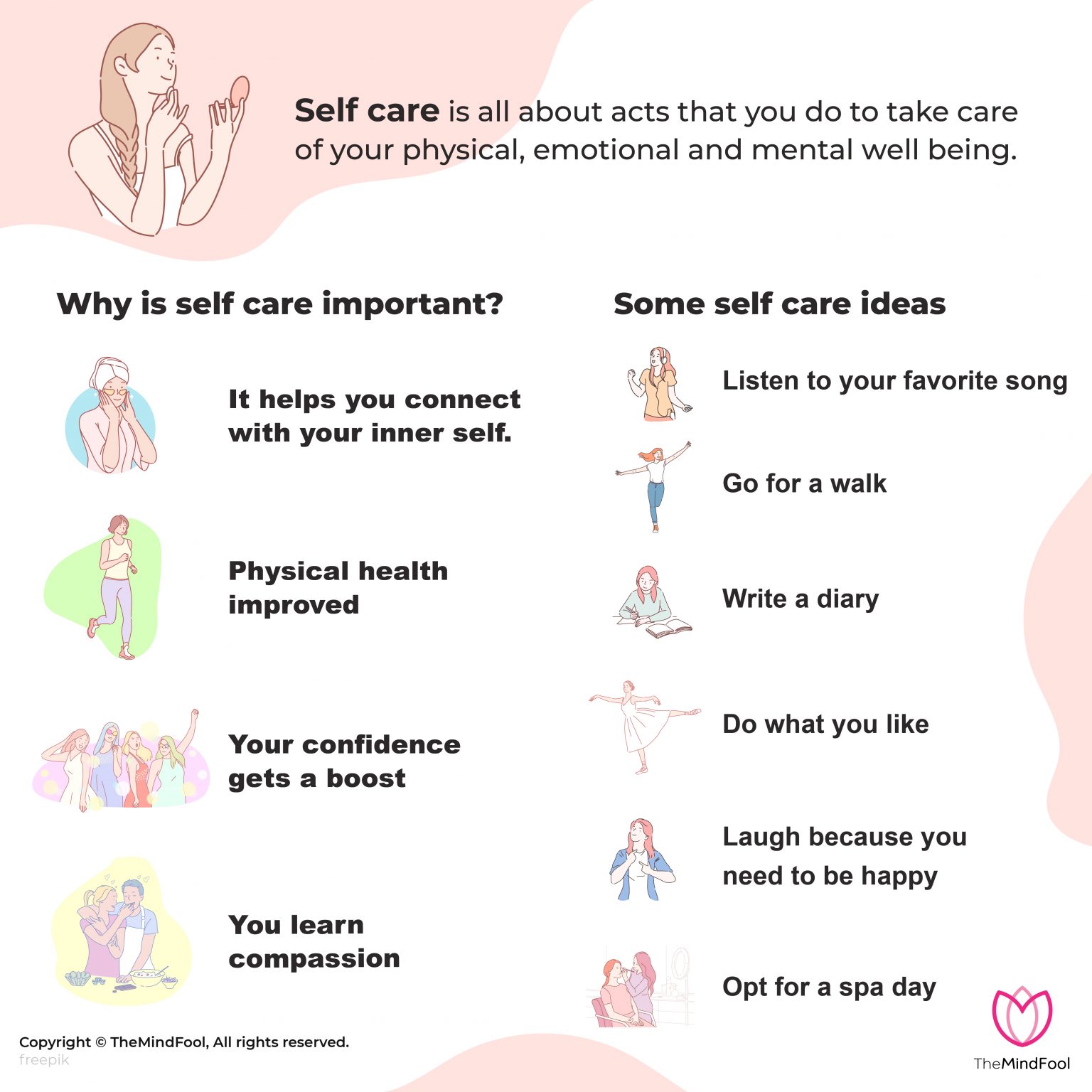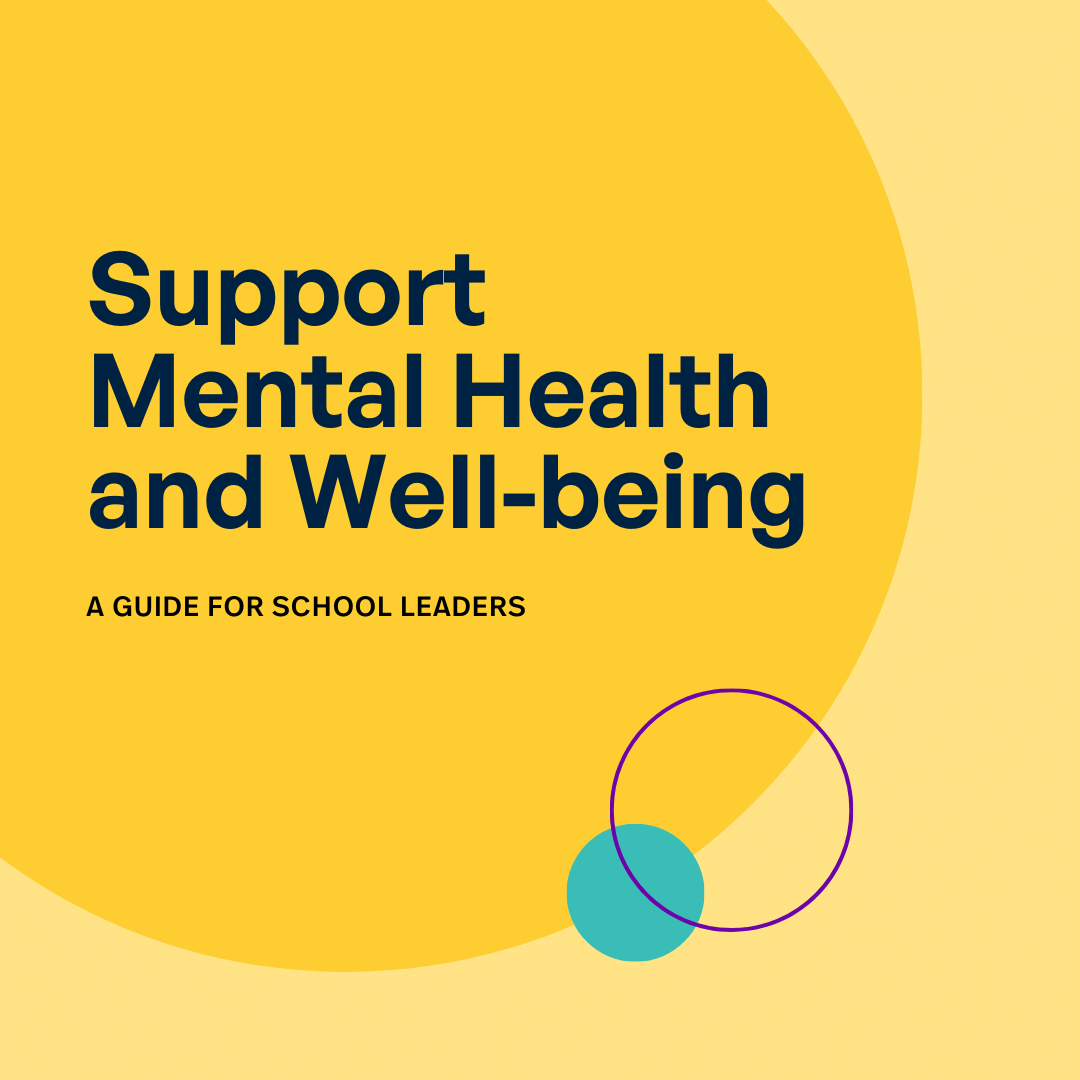“The Foundation of Well-being: A Guide to Basic Self-Care
Related Articles The Foundation of Well-being: A Guide to Basic Self-Care
- Okay, Here’s A Comprehensive Article On Affordable Skincare, Aiming For Around 1600 Words, Covering Various Aspects And Providing Practical Tips.
- The Essential Guide To Night Creams: Unlocking Your Skin’s Overnight Renewal
- Basic Makeup: A Beginner’s Guide To A Flawless Face
- The Essential Guide To Basic Makeup Brushes: A Beginner’s Journey
- Okay, Here’s A Comprehensive Article On Affordable Mascaras, Targeting A Broad Audience And Aiming For Around 1600 Words.
Introduction
On this special occasion, we are excited to explore an engaging topic related to The Foundation of Well-being: A Guide to Basic Self-Care. Let’s weave together valuable insights and fresh perspectives to bring a new dimension to your understanding.
Table of Content
The Foundation of Well-being: A Guide to Basic Self-Care
In the hustle and bustle of modern life, it’s easy to get caught up in our responsibilities and forget about our own needs. We often prioritize work, family, and social obligations, leaving little time or energy for ourselves. However, neglecting our well-being can lead to burnout, stress, and a decline in overall health. That’s where self-care comes in.
Self-care is the practice of intentionally taking actions to improve your physical, mental, and emotional health. It’s not selfish or indulgent; it’s a fundamental aspect of living a balanced and fulfilling life. When we take care of ourselves, we’re better equipped to handle challenges, maintain healthy relationships, and pursue our goals with energy and enthusiasm.
This article will explore the essential elements of basic self-care, providing practical tips and strategies to incorporate these practices into your daily routine.
1. Physical Self-Care: Nourishing Your Body
Our physical health is the foundation of our overall well-being. When our bodies are healthy and strong, we have more energy, better mood, and improved cognitive function. Here are some key aspects of physical self-care:
- Nutrition: Fueling your body with nutritious foods is essential for optimal health. Focus on eating a balanced diet rich in fruits, vegetables, whole grains, lean protein, and healthy fats. Avoid processed foods, sugary drinks, and excessive amounts of caffeine and alcohol.
- Practical Tip: Plan your meals in advance to ensure you’re making healthy choices. Prepare snacks to avoid impulsive unhealthy eating.
- Hydration: Water is essential for virtually every bodily function. Aim to drink at least eight glasses of water per day. Carry a water bottle with you and sip on it throughout the day.
- Practical Tip: Add slices of lemon, cucumber, or berries to your water to make it more appealing.
- Sleep: Getting enough sleep is crucial for physical and mental restoration. Aim for 7-9 hours of quality sleep per night.

- Practical Tip: Establish a regular sleep schedule, create a relaxing bedtime routine, and make sure your bedroom is dark, quiet, and cool.
- Exercise: Regular physical activity has numerous benefits, including improved cardiovascular health, stronger bones and muscles, and reduced risk of chronic diseases. Aim for at least 30 minutes of moderate-intensity exercise most days of the week.
- Practical Tip: Find an activity you enjoy, such as walking, running, swimming, dancing, or cycling. Exercise with a friend to stay motivated.

- Rest and Relaxation: It’s important to give your body time to rest and recover. Take breaks throughout the day to stretch, breathe deeply, or simply relax.
- Practical Tip: Practice relaxation techniques such as meditation, yoga, or deep breathing exercises.

2. Mental Self-Care: Nurturing Your Mind
Our mental health is just as important as our physical health. When we take care of our minds, we’re better able to manage stress, cope with challenges, and maintain a positive outlook on life. Here are some key aspects of mental self-care:
- Mindfulness: Paying attention to the present moment without judgment can help reduce stress and improve focus. Practice mindfulness meditation or simply take a few minutes each day to observe your thoughts and feelings without getting carried away by them.
- Practical Tip: Use a mindfulness app or guided meditation to help you get started.
- Learning and Growth: Engaging in activities that stimulate your mind can help keep you mentally sharp and engaged. Read books, take courses, learn a new skill, or explore new interests.
- Practical Tip: Join a book club, attend a workshop, or take an online course.
- Creative Expression: Engaging in creative activities can be a great way to relieve stress and express yourself. Write, paint, draw, play music, or engage in any other creative pursuit that you enjoy.
- Practical Tip: Set aside time each week to engage in your favorite creative activity.
- Positive Self-Talk: The way we talk to ourselves has a significant impact on our mental health. Practice positive self-talk by replacing negative thoughts with positive affirmations.
- Practical Tip: Write down a list of positive affirmations and repeat them to yourself each day.
- Setting Boundaries: Learning to say no and setting boundaries can help protect your time and energy. Don’t be afraid to decline requests that you don’t have the time or energy for.
- Practical Tip: Practice assertive communication skills to express your needs and boundaries clearly.
3. Emotional Self-Care: Honoring Your Feelings
Our emotions play a vital role in our overall well-being. When we acknowledge and honor our feelings, we’re better able to understand ourselves and manage our emotions in healthy ways. Here are some key aspects of emotional self-care:
- Emotional Awareness: Pay attention to your emotions and try to identify what you’re feeling. Journaling can be a helpful tool for exploring your emotions.
- Practical Tip: Keep a journal and write down your thoughts and feelings each day.
- Emotional Expression: Find healthy ways to express your emotions, such as talking to a trusted friend or therapist, writing in a journal, or engaging in creative activities.
- Practical Tip: Find a support group or online forum where you can connect with others who share similar experiences.
- Self-Compassion: Treat yourself with kindness and understanding, especially when you’re going through a difficult time. Remember that everyone makes mistakes and experiences setbacks.
- Practical Tip: Practice self-compassion by writing yourself a letter of encouragement.
- Forgiveness: Holding onto grudges and resentment can be harmful to your emotional health. Practice forgiveness, both of yourself and others.
- Practical Tip: Try to see things from the other person’s perspective.
- Gratitude: Focusing on the things you’re grateful for can help shift your perspective and improve your mood. Keep a gratitude journal or simply take a few moments each day to reflect on the things you appreciate.
- Practical Tip: Write down three things you’re grateful for each day.
4. Social Self-Care: Connecting with Others
Humans are social creatures, and connecting with others is essential for our well-being. Strong social connections provide us with support, companionship, and a sense of belonging. Here are some key aspects of social self-care:
- Nurturing Relationships: Make time for the people who are important to you. Spend quality time with family and friends, and nurture your relationships.
- Practical Tip: Schedule regular dates or outings with your loved ones.
- Joining Groups: Joining a club, organization, or group can be a great way to meet new people and connect with others who share your interests.
- Practical Tip: Look for groups or organizations that align with your hobbies or values.
- Setting Social Boundaries: It’s important to set boundaries in your relationships to protect your time and energy. Don’t be afraid to say no to social invitations if you need time to yourself.
- Practical Tip: Communicate your needs and boundaries clearly to your friends and family.
- Seeking Support: Don’t be afraid to ask for help when you need it. Talk to a trusted friend, family member, or therapist.
- Practical Tip: Reach out to a mental health professional if you’re struggling with anxiety, depression, or other mental health concerns.
- Limiting Social Media: While social media can be a great way to connect with others, it can also be a source of stress and anxiety. Limit your time on social media and be mindful of the content you’re consuming.
- Practical Tip: Set time limits for your social media use and unfollow accounts that make you feel bad about yourself.
5. Spiritual Self-Care: Connecting with Something Larger
For many people, spiritual self-care involves connecting with something larger than themselves. This could involve religion, nature, art, or any other activity that brings you a sense of meaning and purpose. Here are some key aspects of spiritual self-care:
- Meditation: Meditation can help you connect with your inner self and find a sense of peace and calm.
- Practical Tip: Try a guided meditation or simply sit in silence and focus on your breath.
- Spending Time in Nature: Spending time in nature can be a great way to relax and reconnect with the natural world.
- Practical Tip: Go for a walk in the park, hike in the mountains, or simply sit outside and enjoy the fresh air.
- Engaging in Religious Activities: If you’re religious, attending services, praying, or reading religious texts can be a great way to connect with your faith.
- Practical Tip: Find a religious community that you feel comfortable with.
- Volunteering: Helping others can be a great way to find a sense of purpose and meaning in your life.
- Practical Tip: Volunteer at a local charity or organization.
- Reflecting on Your Values: Taking time to reflect on your values can help you make decisions that are aligned with your beliefs and priorities.
- Practical Tip: Write down a list of your values and use them as a guide for your decisions.
Incorporating Self-Care into Your Daily Routine
Self-care doesn’t have to be time-consuming or expensive. It can be as simple as taking a few minutes each day to do something that makes you feel good. Here are some tips for incorporating self-care into your daily routine:
- Start Small: Don’t try to do too much at once. Start with one or two self-care activities and gradually add more as you feel comfortable.
- Schedule It In: Treat self-care like any other important appointment and schedule it into your calendar.
- Be Consistent: The key to successful self-care is consistency. Make it a habit to engage in self-care activities on a regular basis.
- Be Flexible: Don’t be afraid to adjust your self-care routine as needed. What works for you one day may not work for you the next.
- Listen to Your Body: Pay attention to your body’s signals and adjust your self-care routine accordingly. If you’re feeling tired, take a nap. If you’re feeling stressed, take a break to relax.
Conclusion
Self-care is an essential aspect of living a balanced and fulfilling life. By taking care of our physical, mental, emotional, social, and spiritual needs, we can improve our overall well-being and better equipped to handle the challenges that life throws our way. Make self-care a priority in your life and start reaping the benefits today.

Closing
With that, we hope this article has provided valuable insights into The Foundation of Well-being: A Guide to Basic Self-Care. We appreciate your interest in our content. See you in our next article!



